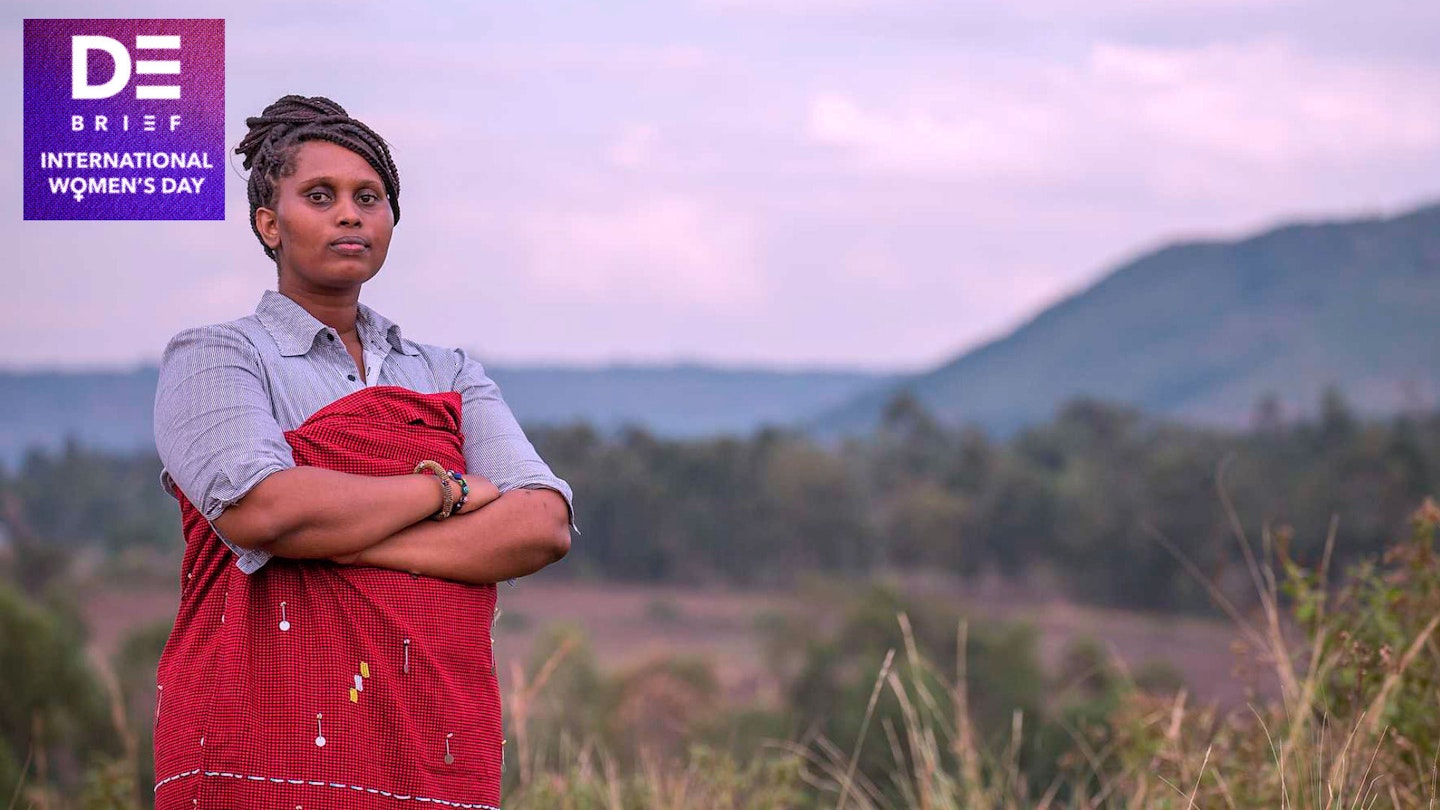International Women’s Day is as much about celebrating our achievements as it is about acknowledging how far there is to go. In doing both of those things, it’s integral we understand the plights that all women face, looking beyond our own experiences. All across the world there are girls without access to education, subject to FGM and coerced into marriage as children. All across the world, there are women who put their lives at risk every day by fighting these battles. Here are just some of those brave, inspiring women…
Memory Banda
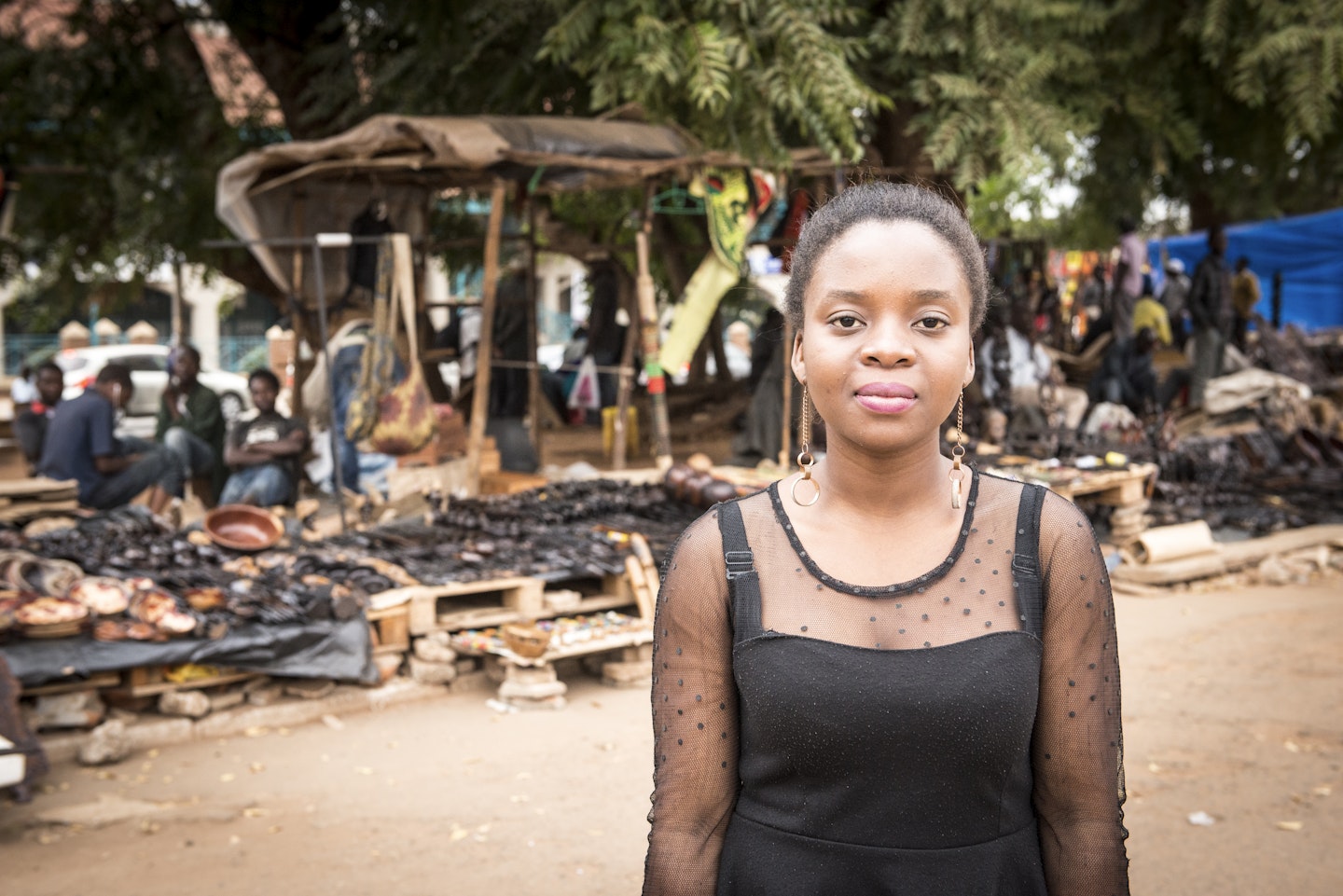
Memory is 20, from Malawi, a country where up until last year, child marriage will still legal. It’s thanks to young activists like Memory that those changes were made. Her story is beyond inspiring:
‘Child marriage has been a crisis for African countries for many years. Girls are being raised as brides and have been marrying while still children for a long time. This state has been normalised; our communities did not question this culture and tradition. As young girls, we saw marriage as the only hope for a secure future just because we have been raised as brides. We never really questioned our culture, our values, our norms and how our behaviour affect girls’ lives, not until recently.
‘Traditions, norms, values, social attitudes and poverty are what fuel child marriages in African countries. Traditionally, when a girl reaches puberty - girls as young as nine, ten, eleven - have to go to initiation camps where they learn a lot of things preparing them for motherhood. At the camp, girls are also forced to sleep with a man in a tradition called “sexual cleansing”. Most girls immediately dropped out of school soon after coming back from the camps. No one spoke about what really happens there. They are strongly warned not to speak. Many girls suffered in silence.’
It was in seeing the psychological and psychological harm child marriage caused, through her own friends, classmates and family members, that Memory – angered that girls were being treated as second-class citizens - decided to become a spokesperson for young girls like her and change the way her community viewed child marriage.
‘Changing tradition is a hard thing; it was not easy for me and my friends to stand in front of our traditional leaders and ask them to change such harmful cultural practices. We were just girls who traditionally are not regarded as leaders and our parents were not ready to change - they were even more resistant. Our challenge was, how do we convince them to give equal opportunities to girls, and not to give them away as brides?’
‘When our traditional leaders agreed to change some of the teachings at the initiation camps, and ban the sexual cleansing ritual, I became more and more motivated and started to believe that change is possible. This was the moment I realised I would have to be bold for change.’
Having achieved only part of what she wanted, Memory and her fellow activists continued to strive for progress, lobbying different stakeholders, producing shareable forums and pushing the government and those stakeholders to support it. After holding a national youth conference, they decided to start an international position which gathered one million signatures, putting the spotlight on their campaign globally (and resulting in a meeting with Michelle Obama, a huge supporter of their campaign). However, it didn’t stop there:
‘To increase the popularity of our campaign, we also involved the traditional chiefs from rural Malawi. The traditional leaders agreed to write a letter of recommendation to the President’s office to ask for the quick amendment of the constitution.’
However, after five long years of lobbying, facing tonnes of different challenges, they finally achieved progress in their campaign. Malawi adopted a new marriage law in 2015, setting the minimum age at 18, but there was a problem.
‘There was a loophole that allowed parents to marry off their 15-year-old daughters with their consent. We never lost hope. Campaigning for the 2017 constitutional amendment was not easy. Even at the Ministry of Justice, some honorable traditional leaders told us that the 2015 law was enough and there was no need for a constitutional amendment.’
After further campaigning, change came once again, somewhat unexpectedly, Memory admits:
‘To our surprise, in February, Malawi made the historic amendment to its constitution to remove any contradictory definitions of a child. A child is any person below the age of 18. This automatically raised the legal marriage age from 15 to 18. Changing the constitution is a huge thing for us.’
With the law finally changed, you may think Memory’s work is done, however in reality it’s only just beginning.
‘Now, what remains is to ensure that we bring awareness to our communities about the changes, so that people understand that it is illegal to marry off girls at a young age. We must prioritise education and make sure girls have a strong voice in issues that concern them.’
Find out more about Memory’s story below:
Upendo Abisai
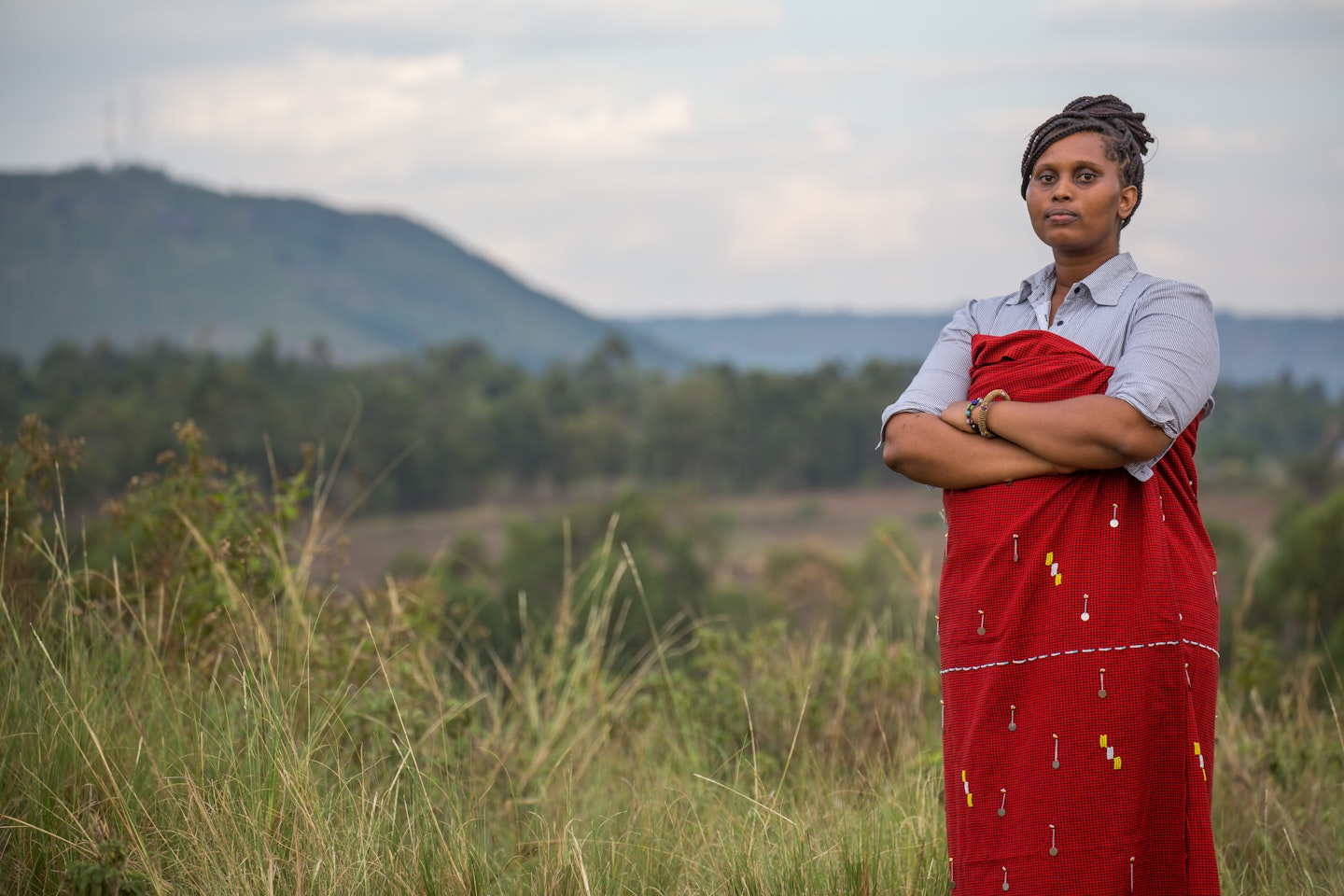
Upendo is 24, working with Plan International UK and Youth for Change Tanzania to change the law on child marriage in Tanzania. Currently, the country allows girls to get married at 14 years old, whereas boys can’t marry until they are 18 – Upendo wants the law changed so marriage for either gender under the age of 18 is illegal. Her pursuit of women’s rights came after her sister was born:
‘From the first day I held my younger sister in my hands, I felt a responsibility. I grew up in a community where most of my neighbours and friends got pregnant young, dropped out of school and got married,
‘The community didn’t think they had any role to play. That’s where my idea to advocate for girls’ rights started.’
‘Most child marriages occur when a girl is very young and is married to an older man. In one case, a girl of 12 was married to a 42-year-old man. The girls’ families are living in poverty and need the money they receive from the husband’s family, as a bride price. But deep inside they know child marriage isn’t right.
‘Girls get abused and beaten, they give birth before their young bodies are ready. All of these things are a nightmare’.
As a leading advocate in her community, she puts herself in a vulnerable position every day, but she refuses to let that stop her. The campaign to change the law is not dissimilar to that in Malawi in February last year, where a successful movement by Plan led to 42,000 people signing a petition to make child marriage illegal- a bill which was later approved by the government. Upendo and the Plan team achieved 49,125 signatures on their petition, providing hope that the government will now take notice and change the law. You can watch her in action below:
Sophie Nabukenya
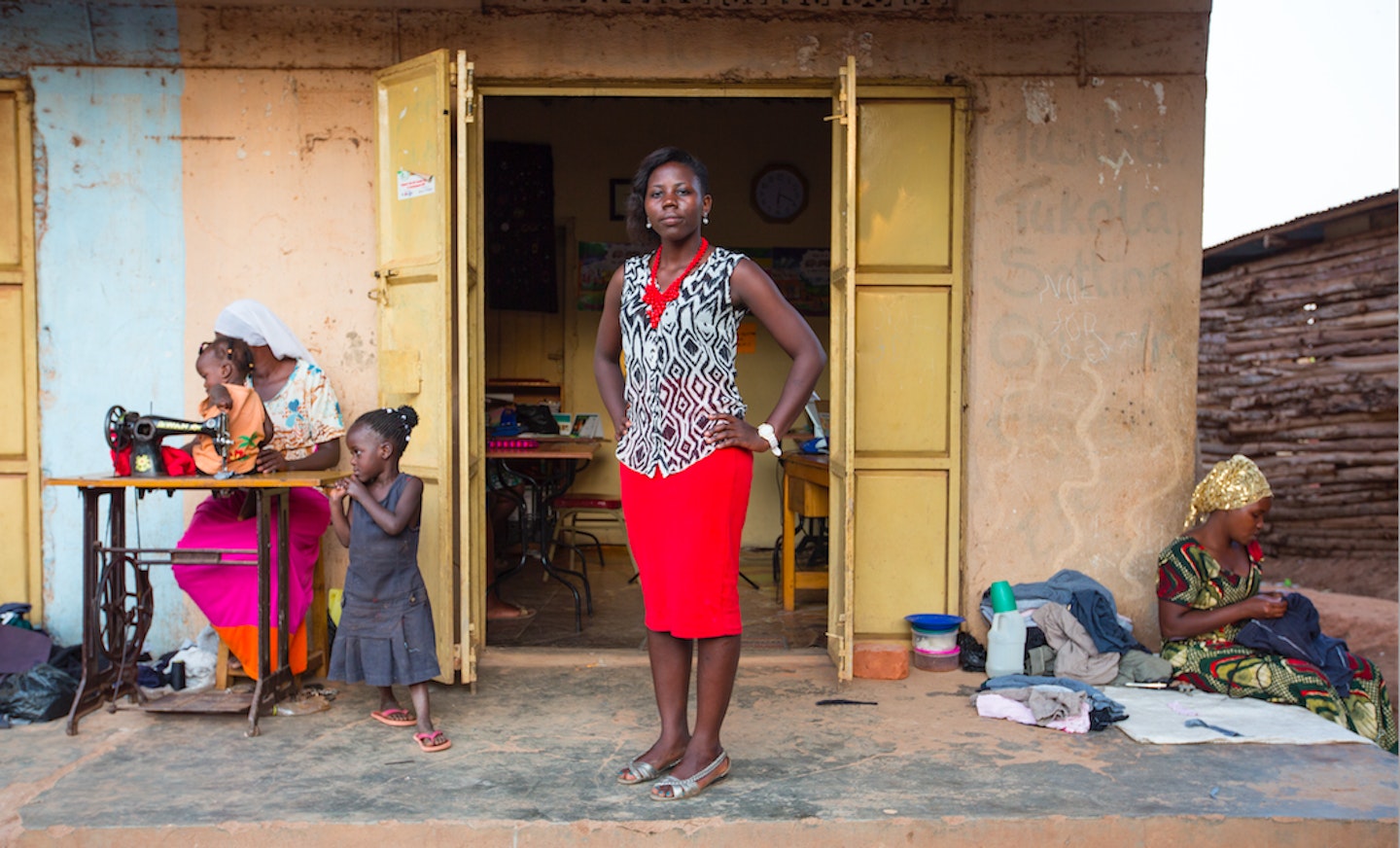
Sophie, also 24, works in Uganda as part of Plan’s Champions of Change project in Kampala, which campaigns for the Ugandan government to invest more in improving sexual health education and services for young people.
In Uganda, 1 in 4 teenage girls are either pregnant or already mothers. Pregnant teenage girls are sometimes banned from attending school and are not allowed to return once they have given birth. Girls and young people in Uganda don’t have the information and services needed to protect themselves against teenage pregnancy and make informed decisions about their bodies and their future.
By the time Sophie left primary school at the age of 13, 10 girls in her village were already pregnant. She witnessed several of them being chased out of school:
‘People used to say those girls got pregnant because they associated themselves with girls who were bad and they had bad manners, I was told they were a bad omen.’
However, growing up and realizing this wasn’t, in fact, the case, she came to see that many of those girls got pregnant because they didn’t have the information they needed to make informed choices about sex and their future.
And so, she decided to do something about it, and alongside her Champions of Change campaigners, delivered a petition with 39,000 signatures to the national parliament. The the government subsequently announced a new mentoring programme which aims to train health workers on providing effective sexual health services to young people. In becoming an activist, she has given her life new meaning:
‘Being a campaigner for girls’ rights has really changed my life,’ she says. ‘Other girls see me as a role model.’
Wadi Ben-Hirki
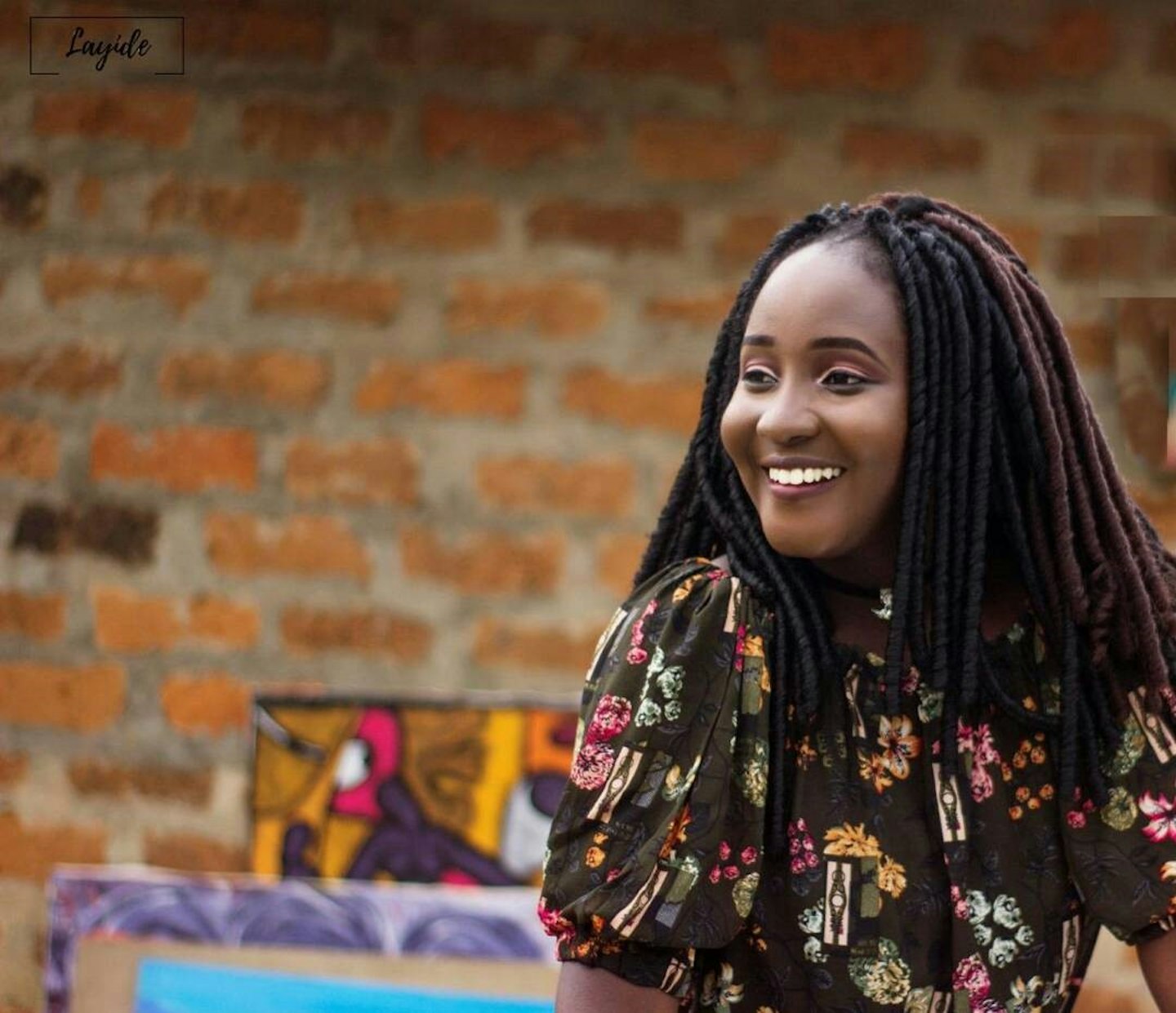
Wadi is 20, from Northern Nigeria, and set up the Wadi Ben-Hirki Foundation, which tackles major gender injustices from a lack of education, to FGM. Considering herself one of the lucky few, Wadi was able to go to school and become the leading activist she is today. However, over 6 million girls in Nigeria, they aren’t so lucky. With 10.5 million children out of school, 60% of those being girls, and 43% of girls married off before their 18th birthday, Wadi describes herself as ‘privileged’. This is what privilege means to some people.
Suffering third-degree burns at the age of two, she grew up with little self-esteem, however in making a conscious effort to work through her confidence issues, she says ‘things began to change’. As her parents couldn’t afford her secondary school of choice, she went above and beyond to obtain a scholarship. After finishing at secondary school, she went on to study at Covenant University and in her third year set up her charity. Motivated to give young girls the opportunities they deserve, she defied her own logic that she was not wealthy enough of experienced enough to start the organization, and built her foundation from the ground up.
The organization now runs three major projects, Street2School – helping provide free, quality education for less-privileged children, GirlsNotWives – advocating to end child marriage, FGM, rape and child trafficking, and LITMOW (Love In The Midst Of War)- which rehabilitates survivors of the Boko Haram insurgency in Northern Nigeria.
She too aims to challenge traditional cultural beliefs, which she notes is a major challenge for her foundation. However, alongside ONE Campaign, an international charity, she continues to strive for improvements in women’s rights. Participating in ONE Campaign’s Girls Count she became a ONE Champion in 2017. Watch her video for the campaign here:
Click through to find out more facts about women around the world...
Debrief Facts about women around the world
 1 of 18
1 of 18Facts about women around the world
 2 of 18
2 of 18Facts about women around the world
 3 of 18
3 of 18Facts about women around the world
 4 of 18
4 of 18Facts about women around the world
 5 of 18
5 of 18Facts about women around the world
 6 of 18
6 of 18Facts about women around the world
 7 of 18
7 of 18Facts about women around the world
 8 of 18
8 of 18Facts about women around the world
 9 of 18
9 of 18Facts about women around the world
 10 of 18
10 of 18Facts about women around the world
 11 of 18
11 of 18Facts about women around the world
 12 of 18
12 of 18Facts about women around the world
 13 of 18
13 of 18Facts about women around the world
 14 of 18
14 of 18Facts about women around the world
 15 of 18
15 of 18Facts about women around the world
 16 of 18
16 of 18Facts about women around the world
 17 of 18
17 of 18Facts about women around the world
 18 of 18
18 of 18Facts about women around the world
This article originally appeared on The Debrief.
